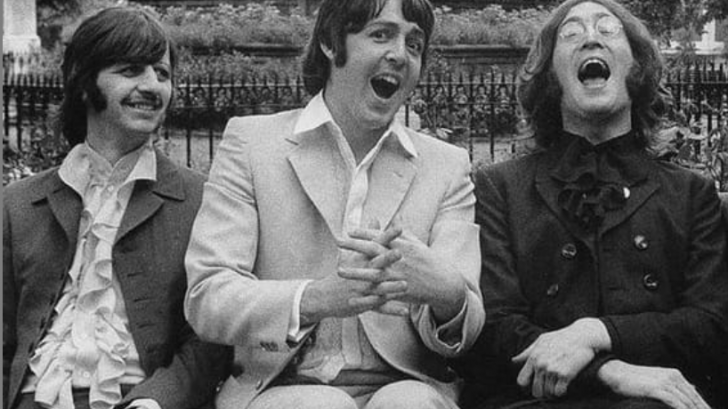If The Beatles’ story has taught us anything, it is that fame has the power to transform people. The Fab Four benefited from their early years being virtually unknown, which would have made their sudden rise to fame in 1963–1964 even more shocking. Privacy was impossible during the Beatles’ mania. The Beatles were frequently followed, whether by admirers or photographers, and Lennon soon started to have problems.
It would be false to say that “Help” has a hidden meaning because there is nothing secretive about it. Lennon sings the following in the first verse:
“So much younger than today / (I never need) I never needed anybody’s help in any way / (Now) but now these days are gone (these days are gone) / I’m not so self-assured / (And now I find) now I find I’ve changed my mind / And opened up the doors.”
Lennon is voicing his displeasure with the spotlight in this instance. The Beatles had conquered America by 1965 and were on track to become the biggest band on earth. But as celebrities increased, worry also increased. In addition to his relationship with Cynthia, Lennon was also having issues with his weight and musical skills.
“When ‘Help!’ came out, I was actually crying out for help,” In All We Are Saying by David Sheff, John Lennon states. “Most people think it’s just a fast rock ‘n’ roll song. I didn’t realise it at the time; I just wrote the song because I was commissioned to write it for the movie. But later, I knew I really was crying out for help. So it was my fat Elvis period. You see the movie: he – I – is very fat, very insecure, and he’s completely lost himself. And I am singing about when I was so much younger and all the rest, looking back at how easy it was.”
It’s probable that Lennon’s concerns were linked to his growing desire to depart from popular music on the commercial level. In 1964, a number of fresh influences entered his life, including LSD, marijuana, and Bob Dylan’s music, whose songs were considerably more cerebral than anything Lennon or McCartney had written. ‘Help’ was unquestionably a turning point since by 1965’s end, everything had altered. Lennon changed his creative strategy to one that was more contemplative, which helped establish the styles of 1965’s Rubber Soul and 1966’s Revolver.
The Beatles permanently stopped touring in the same year, which gave them more time to work on albums like Sgt. Pepper. It marked the start of a brand-new era.

